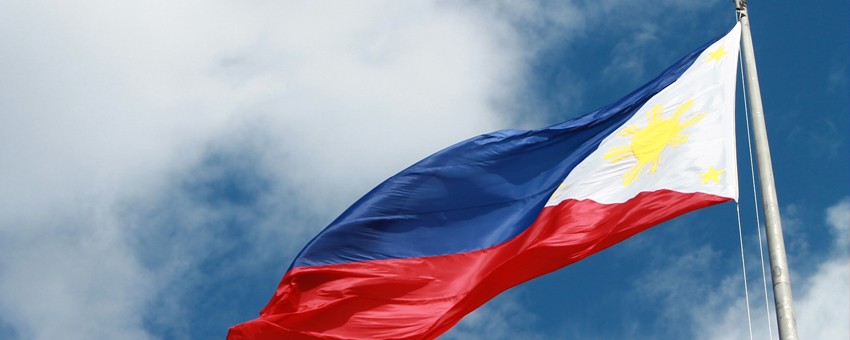
Fourteen award-winning chefs came together in Cebu to celebrate the first European Culinary Week in the Philippines. Organized by the EU-Philippines Business Network (EPBN) and co-funded by the European Union, the European Culinary Week was held from September 10 – 16, 2018 at the Crimson Mactan Resort & Spa.
Designed to be a celebration of European Cuisine, this week-long tour featured cuisine by award-winning and Michelin-Star chefs.
The European Culinary Week aims to spark interest in European cuisine, showcase European products, provide opportunities for culinary students to work and meet with established European chefs, and encourage both European and Philippine companies to import European products to the Philippines and promote Geographical indications (GI), a system that identifies products as originating in a territory of a particular country, region, or locality that assures its quality and reputation in relation to its geographical origin.
EU Ambassador Franz Jessen shared, “We have a unique way of trying to protect well-known products. To take a very straightforward example: Champagne. We all know what Champagne is when we buy a bottle in the supermarket and we know that because it’s a name, it’s a brand, that through Geographical Indication, is protected. The champagne inside the bottle is produced according to certain criteria, in a certain geographical area. That is good for consumers but also good for producers, because the producers then can make sure that the Champagne is being sold with a premium that it deserves. Providing this level protection of Geographical indications to food is useful because of their potential to add value and promote rural socio-economic development. The Philippines has a range of local products that correspond to the concept of geographical indications that could be developed, like Bicol pilinuts, Davao pomelos, T’nalak weaving, Guimaras mangoes. Evidence shows that prices (of products covered by GI) increase by twofold; as do production and exports. Cambodia’s experience with Kampot pepper is a case in point. Prices for black pepper went up to $28 a kg.”
Ambassador Jessen said that the European Culinary Week is also about nurturing the people-to-people links between the Filipinos and the Europeans because both share the same passion for food, families, camaraderie and togetherness as he enjoined everyone to celebrate European cuisine.
The European Culinary Week was a series of five events: The European Culinary GI Lunch & Exhibit, the European Culinary Cooking Demos, the European Culinary Charity Dinner, the European Culinary Week Exclusive Lunch or Dinner, Culinaria, and the European Culinary Weekend. With these events, Filipino food enthusiasts will receive a unique culinary experience, while serving as a platform to showcase European produce. The European Culinary Week is expected to host guests such as C-Level Executives, members of the diplomatic core, key industry representatives from the EU and Filipino food and beverage industry, food aficionados and connoisseurs, among others.
European Chamber of Commerce of the Philippines (ECCP) President and EPBN Steering Committee Chair Guenter Taus shares, “The European Culinary Week is not only a celebration of European culture and cuisine, but also a means of encouraging more business between Europe and the Philippines. Through events such as this, businesses from both sides will be able to come together and establish potential partnerships to further both economic and cultural relations between the EU and the Philippines.”
Article was originally published on September 24, 2018 at Zee PH online